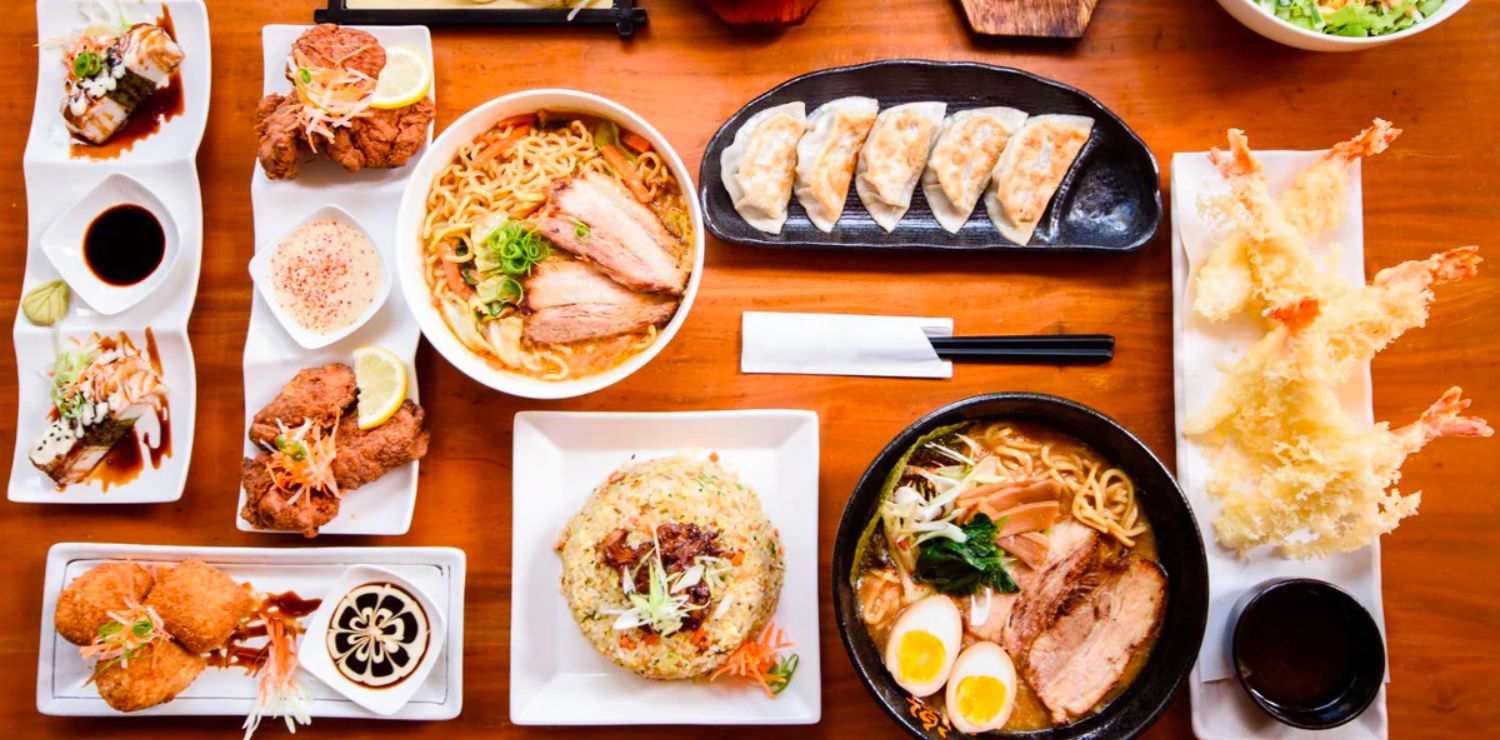The best of Japanese cuisine
Japanese cuisine is one of the most appreciated and famous in the world. Originating from Japan, this cuisine is rich in flavors and colors. It is distinguished by its varied dishes and its use of very varied ingredients. In this article, we present the best Japanese cookbooks, the most popular recipes and the essentials to succeed in your Japanese dishes.
The Best Japanese Cookbooks
If you are looking for a book to learn how to cook Japanese food, here are some must-reads. Harumi Kurihara's book is one of the most famous and is very popular all over the world. It offers many recipes for sushi, ramen and classic Japanese dishes. Takuo Tatsumi's Super Easy Japanese Cooking is a very comprehensive book that will help you learn how to cook Japanese food. It is very well designed and contains recipes for sushi, noodles and rice dishes. Tomoko Kato's Japanese Cookbook is also very popular and offers varied and easy to make recipes.
Most popular recipes
Some of the most popular recipes include sushi, noodles, and rice. Sushi is a very popular dish around the world and is very easy to make. Japanese noodles are also very popular and can be made in many variations. Rice is also a staple in Japanese cuisine and can be served with many sides. Miso soup is also very popular and very easy to make.
The essentials for successful Japanese dishes
To make your Japanese dishes a success, you will need specific utensils and ingredients. You will need rice bowls, Japanese kitchen knives , sauces and other ingredients. You will also need to get specific utensils like chopsticks, pots and sushi plates. You will easily find everything you need to make perfect Japanese dishes.
The flagship products of Japanese cuisine
Japanese cuisine is rich in varied and authentic products, which are highly prized throughout the world. Rice is obviously one of the most popular and most consumed in the country. Miso soups are also very popular and can be made in several versions. There are also seafood products such as tuna, salmon or shellfish, which are very commonly used in Japanese cuisine.
The great chefs of Japanese cuisine
The great chefs of Japanese cuisine are very well-known and highly respected throughout the world. Chefs Takashi Saito and Nobu Matsuhisa, for example, are very famous for their restaurants and culinary creations. Other chefs like Masaharu Morimoto and Shinji Kanesaka are also very well-known and highly regarded for their culinary skills.
Conclusion
Japanese cuisine is one of the most appreciated in the world. It is rich in flavors and colors and offers varied and very tasty dishes. If you want to discover this cuisine, there are several books that will allow you to get started and make perfect dishes. Finally, the great chefs of Japanese cuisine are very well known and the flagship products of Japanese cuisine are very appreciated throughout the world.
FAQ
What is the most famous Japanese culinary specialty?
The most famous Japanese culinary specialty is sushi, a dish made with vinegared rice and various ingredients such as raw fish, vegetables or seafood.
What type of menu is most popular in Japan?
The most popular menu in Japan is the bento, which consists of different dishes presented in a box. Bentos can include sushi, maki, tempura and other traditional dishes.
What is the healthiest typical Japanese dish?
Probably the healthiest typical Japanese dish is miso-shiru, which is a broth of fermented soybeans diluted with rice or buckwheat. It is rich in nutrients and protein and has various medicinal properties.
What is a typical Japanese meal like?
A typical Japanese meal usually consists of three to four main courses, which may include sushi, tempura, rice, and soups. Meals are often accompanied by small portions of pickled or fried vegetables.
What condiments are used to accompany Japanese dishes?
The most common condiments used to accompany Japanese food are salty soy sauce, wasabi (a spicy green paste), and pickled ginger. Salt and/or pepper can also be used to enhance the flavors.







Where to buy good Japanese products?
What is a Mochi?